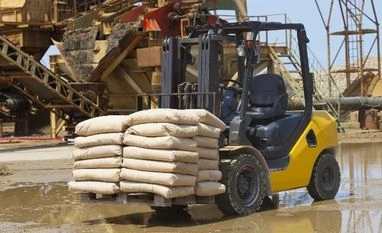Both the companies have sought approval from their shareholders to "enter into, execute and deliver the master supply agreement" with each other, they said in separate regulatory filings.
The agreement is for supply of cement, clinker and raw materials such as fuels, fly ash, slag and gypsum. This would also include spare parts.
More From This Section
"Each individual contract/arrangement/ transaction shall be carried out by way of purchase order based on the requirement of the company," it added.
According to the pricing formula, for cement they would provide discount of 5 per cent to each other on their average net selling price.
On May 5 last year, ACC and Ambuja Cements had announced to explore merger. However, on February 26, they informed stock exchanges that they are not proceeding with the plan.
"On the basis of a comprehensive evaluation carried out by both the special committee and Board of Directors of the company, the board is of the opinion that there are at present certain constraints in implementing a merger between the company and Ambuja Cements," ACC had said in a filing to BSE.
ACC has a cement capacity of 33.5 million tonne while Ambuja has a capacity of 29.65 million tonnes.
Ambuja has also recently announced a capex of Rs 13.91 billion that it plans on spending on setting up a 3.1 MT greenfield clinkerisation plant at Marwar Mundawa in Rajasthan.
ACC, on the other hand, had announced a Rs 600-crore capital expenditure plan last year in March focused on setting up five ready-mix concrete plants along with undertaking debottlenecking across its projects in the country. The two comp.
Both the firms became a part the Holcim group in 2005. Following the merger of Holcim Limited with Lafarge SA in 2015, a new entity LafargeHolcim was created to become the world's largest cement producer.
)